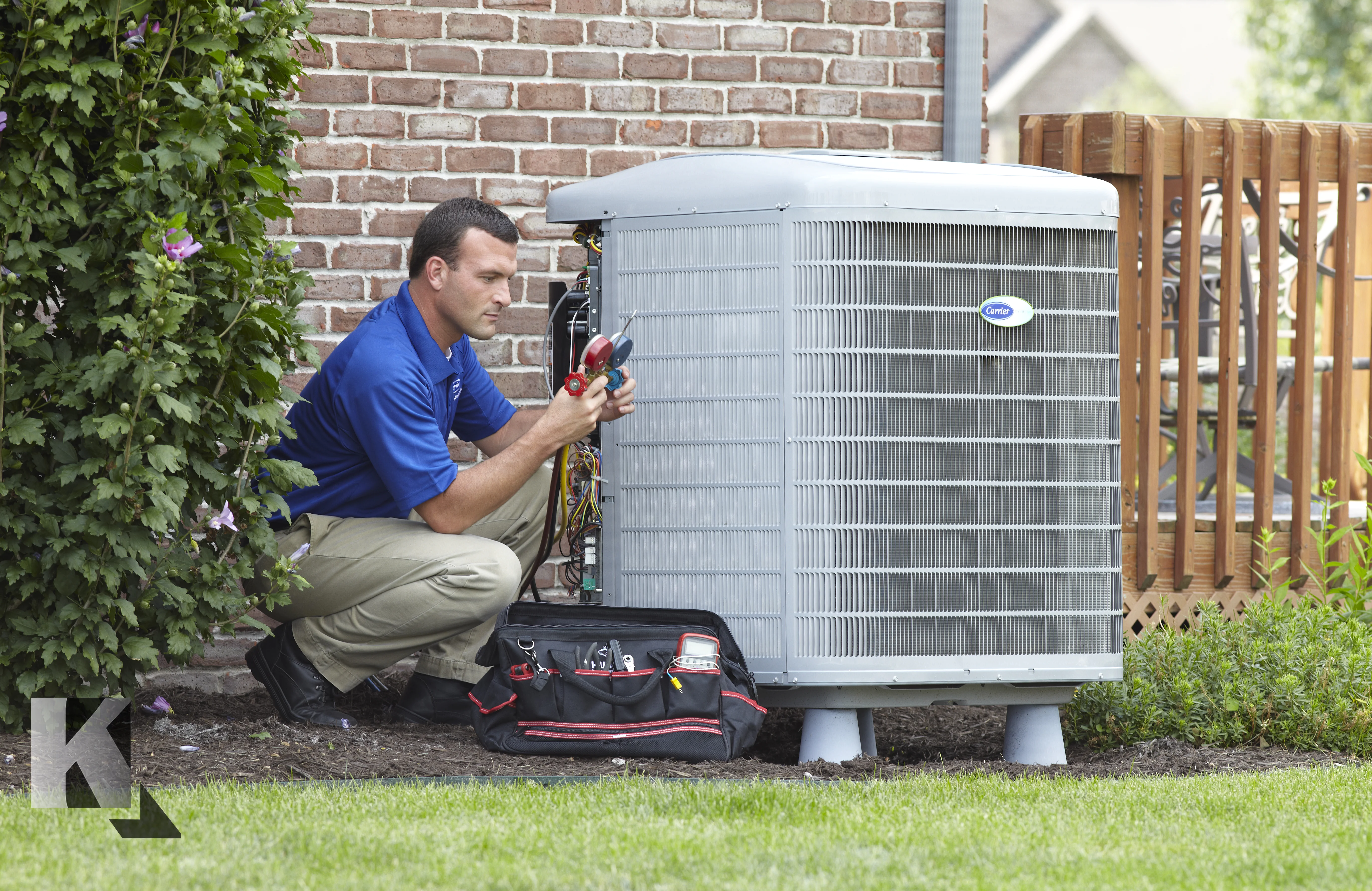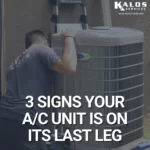This article is based on the work of Genry Garcia and Kaleb Saleeby. Both of them are respected contributors to HVAC School, which is operated by Kalos president Bryan Orr to provide free, quality HVAC knowledge worldwide. If you are interested in reading more about the science at work with oversized A/C units, you can read their collaboration on HVAC School's website.
The summer has already been quite brutal, as per usual in Florida. As we continue to experience these scorching days well into the fall, you may wonder if you’d feel more comfortable in your home with a larger air conditioning unit.
Believe it or not, bigger doesn’t necessarily mean better. It’s possible to oversize an A/C unit. Even though a larger air conditioning unit may seem like a quick fix, it may bring its own set of challenges to your home. It can make you feel even more uncomfortable than before, especially in humid climates.
Today, we’re going to explain the benefits and challenges of bigger A/C units. We’ll also cover alternative ways to keep your home comfortable without buying a larger air conditioning unit.
Fact or myth: You can save money and energy with a larger A/C unit
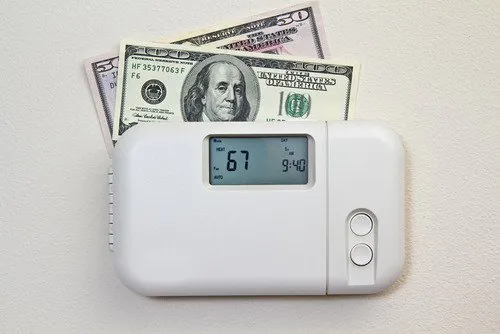
A bigger unit will almost always cost more to install than a smaller unit. The real question here is if the larger unit will have the better value in the long run in terms of overall energy savings.
The answer is not what you might think. A larger unit will definitely be able to bring the air temperature down to the desired temperature a lot faster than a smaller unit. The larger unit will have shorter run times than the smaller unit, so you should see some energy savings, right?
Actually, the answer is no. The greatest energy consumption occurs upon startup. It takes a lot of energy to get the fan motors to start. So, if the A/C stops and starts more often, your unit actually uses MORE energy than it would if it ran longer.
Why would a larger A/C unit have to start up more often?
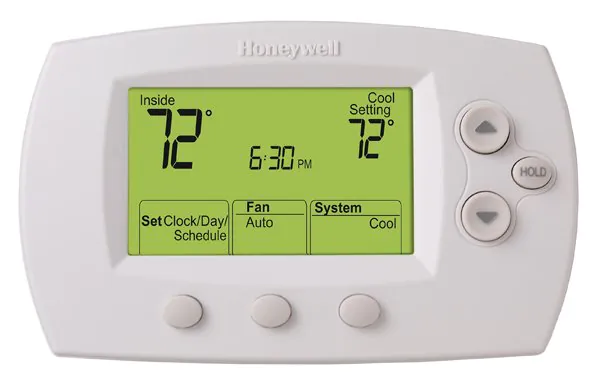
When an A/C unit runs for a while, it conditions the air in your home gradually. As it brings the air temperature down at a slow rate, it also cools the surfaces in your home. These surfaces include your walls and furniture.
In nature, heat always moves from hot to cold. Our bodies radiate a lot of heat, and we cool off by rejecting that heat to cooler objects around us (as do your pets and other sources of heat in a room). So, we can cool off by being in a room where the walls are cool, even if there aren’t any fans to give us a cold blast.
If an A/C unit brings the air down to the desired temperature extremely quickly, the surfaces in a room won’t also be brought down to a cooler temperature. So, the space heats up a lot more quickly than usual, especially if it has a lot of people, pets, furniture, or sunlight adding to the heat load.
When the space heats up more quickly, the A/C unit will have to kick into gear again. The A/C will reduce the room temperature quickly and shut off before the entire room can completely cool. It also doesn’t run long enough to start dehumidifying the house effectively. The cycle goes on and on, and nobody exactly feels comfortable.
How can you know if YOUR unit is oversized?
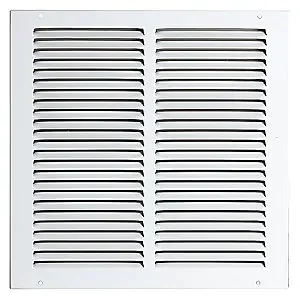
Now, you might be considering the possibility that your unit might actually be oversized and running inefficiently as a result.
There is no surefire way to tell if your system is oversized without contacting a professional. However, you can think about your comfort levels and see if you’ve noticed symptoms of an oversized unit. Pay special attention to how you feel and the condition of your vents.
You may want to consider calling an HVAC professional to look at your A/C system if you’ve noticed the following:
- Inconsistent comfort across different rooms of your house
- High humidity inside the home
- Large swings in humidity throughout the day
- Sweating ductwork
- Condensation on your vents
- Excessive noise in the vents
Comfort complaints are some of our key indicators for diagnosing A/C unit problems. Numbers and tests can only tell us so much; what really matters is how we can make you feel more comfortable. However, the solutions likely won’t include the installation of a larger unit. There are plenty of other things that HVAC technicians can do to improve home comfort more effectively, including cleaning your outdoor unit or even examining the ductwork to look for design flaws.
So, there is a chance that you could use a larger A/C unit. However, it's much more likely that a bigger unit can cause more problems than it would solve.
Remember, bigger is not always better. Any good HVAC technician would rather get to the source of your discomfort than upsize the A/C system without a second thought.

